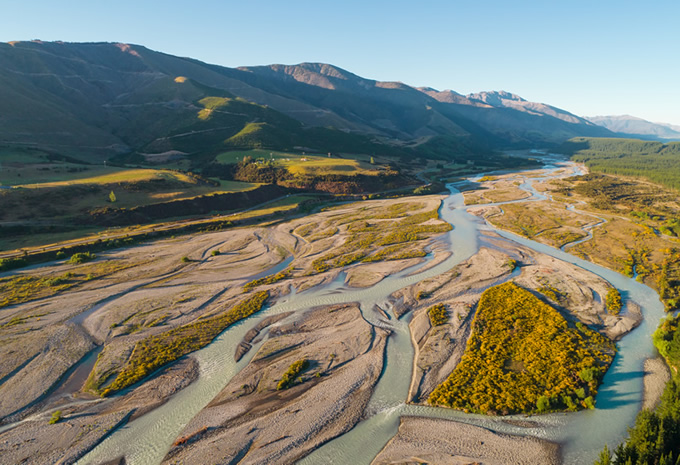Decision-making in freshwater management – a social learning approach
Scientists have long-recognized that one of their biggest challenges is how to translate their recommendations into lasting management and behaviour changes among stakeholders. Individuals or people working in organisations may not be able to make changes easily, owing to a combination of norms and institutional routines that they work within. After initial enthusiasm for change, these people can quickly become disillusioned if they feel they are “going it alone” when community commitment to change is actually essential.

Social learning – a relatively new approach to this issue – aims to develop understanding and action to achieve change among groups of stakeholders. Working at the community or sectoral level rather than at the individual level, social learning co-creates knowledge through combined reflection and negotiation, building trust and enabling science to be more effectively translated into action. Good facilitation by a multi-disciplinary project team is vital, to support open conversations. Care must also be taken to ensure different knowledge systems are all appreciated and used within the wider process, including knowledge from science, local experience and matauranga.
Researchers at Manaaki Whenua and AgResearch recently published a paper on the power of social learning in freshwater management in two catchments, one in the Wairau Valley (Marlborough) and one in Mangatarere (Wairarapa). For both catchments, a representative collaborative group was formed, and then 4-5 facilitated workshops were led by a dedicated project team. The workshops allowed each group to understand the ways in which they value their river, to develop future water use scenarios and create useful indicator sets to assess progress in their agreed direction. The research aimed to discover how best to design social learning processes to enable community participation and to navigate issues related to institutional structures. The research was part of the Wheel of Water programme led by Aqualinc Research.
Andrew Fenemor, who led the Wairau case study, comments that this research, and ongoing work on collaborative and integrated decision-making, has been influential in the design of regional council planning processes for freshwater. For example, the Takaka Fresh Water and Land Advisory Group (FLAG) used these approaches to recommend water allocation and water quality limits and land use policy to manage water bodies – including the renowned Te Waikoropupū Springs – in Tasman District. The research has also been influential in the government’s Essential Freshwater 2019-20 work programme aiming to reverse the decline in lowland water quality nationally.
